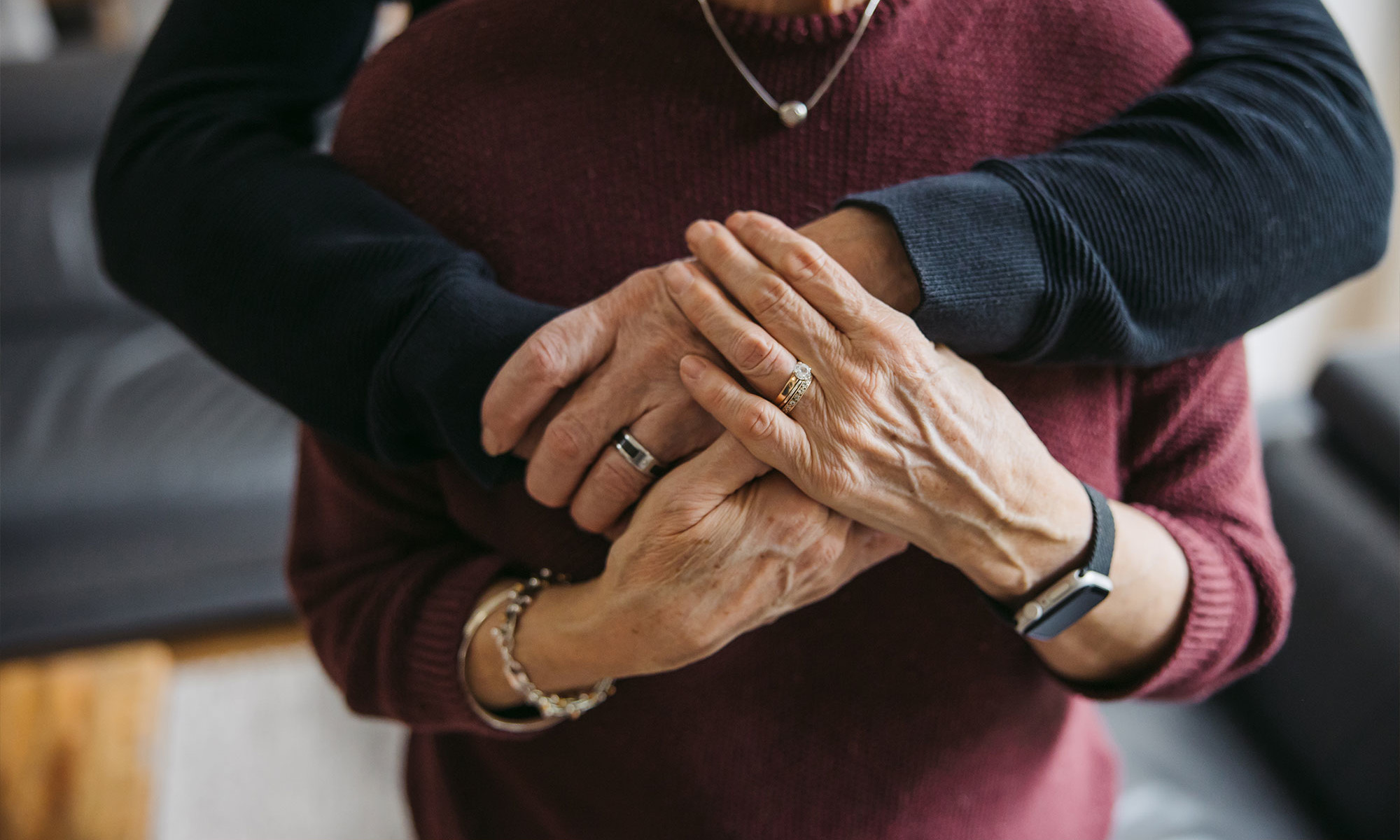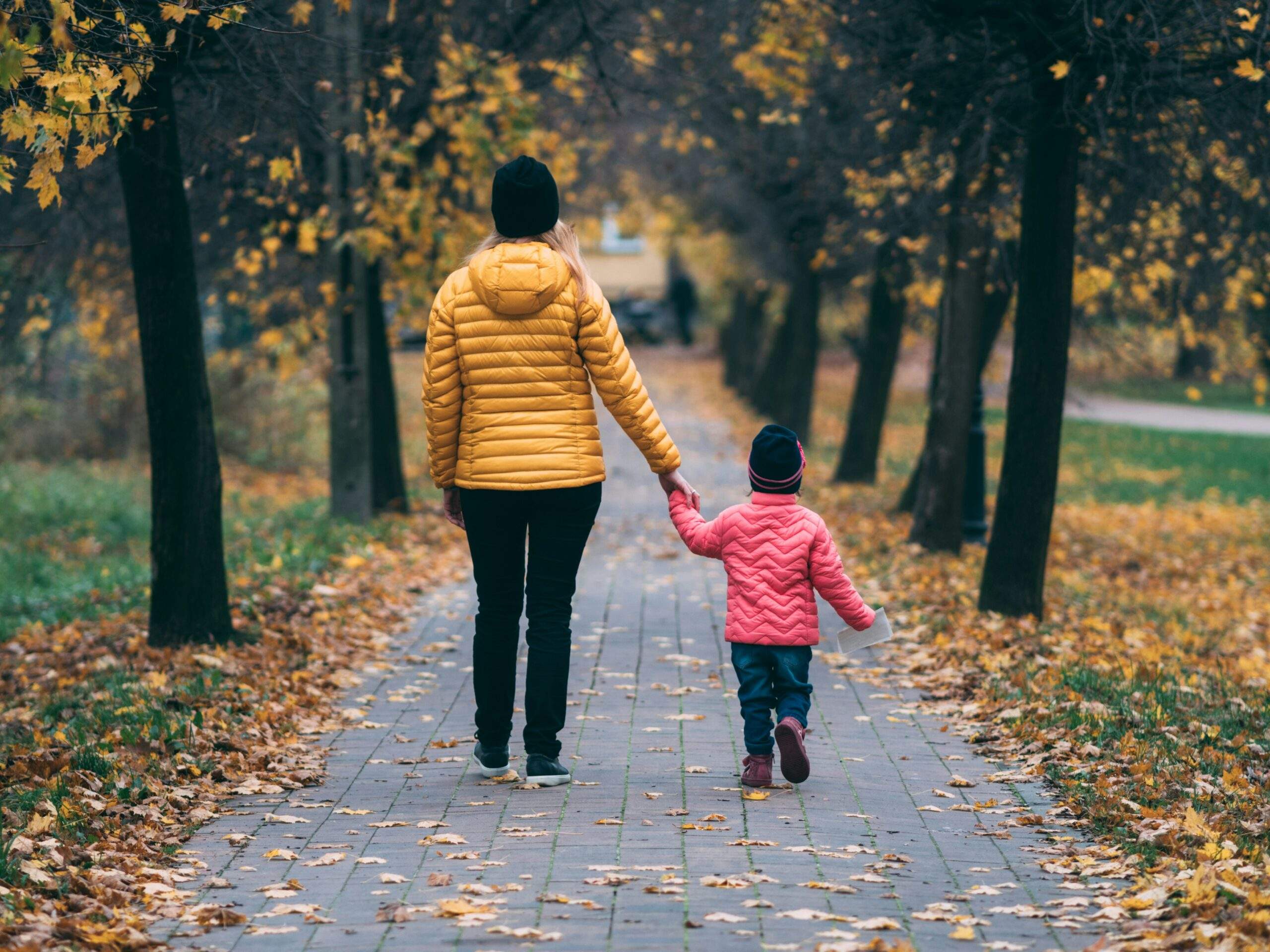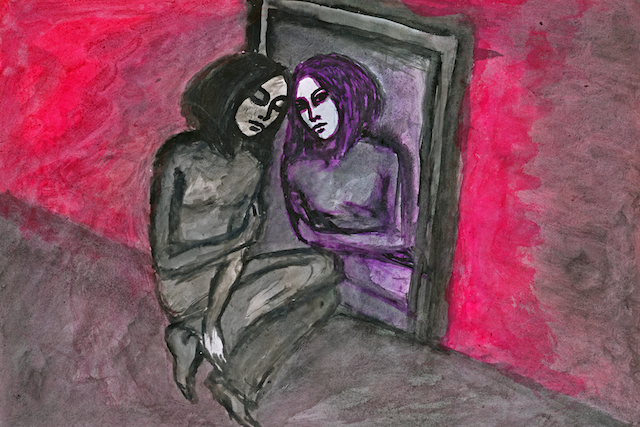Do You Have Relationship Anxiety? Here's How To Tell
We all experience a bit of relationship anxiety from time to time, but how much is too much?

Advertisement
This ad is displayed using third party content and we do not control its accessibility features.
Advertisement
This ad is displayed using third party content and we do not control its accessibility features.
Image by Clique Images / Stocksy April 28, 2025 We carefully vet all products and services featured on mindbodygreen using our Our selections are never influenced by the commissions earned from our links. Whether you just started dating someone or you're happily married, we all experience a bit of relationship anxiety from time to time. But how much is too much—and can anything be done about it? Here, we look at what relationship anxiety is all about, where it comes from, and how to overcome it so you can have a healthy, fulfilling, and secure relationship.
What is relationship anxiety?
Relationship anxiety is characterized by generalized feelings of anxiety and worry surrounding an intimate relationship. On some level, a little relationship anxiety is normal—and doesn't mean you're with the wrong person, explains couples' therapist Michael Moran, LCSM, CST. But when it begins to interfere with your ability to have fulfilling relationships, then it may be a problem you need to address.
"Once we really start to like this person, our 'attachment stuff' gets activated," Moran explains, "and all of a sudden we're seeing interactions through this lens of, 'Are you really there for me?'"
Commons signs of relationship anxiety:
What causes relationship anxiety?
At its core, anxiety is about fear—and a certain discomfort with things out of a person's control. This translates to relationships if, for whatever reason, we've learned that we can't trust the people closest to us. Whether by a parent or a partner, when we get hurt, it can sometimes skew our perception moving forward. This is the basis of attachment theory.
"We all see our experience through a unique lens," Moran says. "If we grew up with parents that we feel weren't really there for us or that really hurt us, or we felt betrayed by them or felt we couldn't be who we are," he explains, these wounds will get triggered in our intimate relationships. Our past experiences may lead us to distrust others or feel reluctant to get close to anyone because you've learned that people you love can hurt you or abandon you.
The way we were parented is understood to be linked to our attachment style, and those with an anxious attachment style will often struggle with trusting and opening up in a relationship—especially if their partner's attachment style isn't compatible with theirs. (Anxious attachment and avoidant attachment, together, can cause some miscommunications!) Additionally, if you've experienced manipulation, cheating, or abuse from a partner, that can affect how you approach your relationships going forward as well.
Lastly, those with low self-esteem and low self-worth may feel relationship anxiety because things like a slow text back can trigger fears that they're not good enough for their partner or their partner has decided they don't like them anymore.
How to manage relationship anxiety
If your relationship anxiety is interfering with your relationship, it is possible to overcome it. "An awareness of attachment styles helps to explain our potential blocks to trust, close connection, and intimacy in adulthood," psychologist Debra Campbell writes at mbg. So getting clear on your attachment style and what past experiences have shaped your attachment style is a helpful starting place.
As you begin to unpack where your relationship fears come from, it can be helpful to seek the guidance of a therapist or counselor, to help work through the past experiences at the root of the problem. In time, through communication and trust, you can build a healthy relationship with a healthy amount of anxiety (because, again, a little is normal).
And just because you have relationship anxiety, that doesn't mean the person is wrong for you, Moran notes. If the real underlying issue is your own wounds and insecurities, you can experience those fears and triggers with anyone.
But there are instances when relationship anxiety isn't completely unfounded, Moran adds. There can be real red flags or things that don't add up that can rightfully trigger suspicion. Distinguishing between what's real and what's a projection is key.
"How much of this anxiety is a sign you need to pay attention to, and then how much of it is you getting triggered because you care?" he says. "Folks have to do that inner work to discern what's going on there. And if you determine it's your own stuff that's getting triggered, that's when you start doing your own work."
The takeaway
Relationships come with risk, and it's OK if you worry about the state of yours from time to time. But if your relationship anxiety is leaving you constantly drained, stressed, or upset, it might be time to start digging into what's really going on. Doing the inner work to unpack where your fears come from isn't necessarily easy, but in the end, you and your relationship can become more secure because of it.
Advertisement
This ad is displayed using third party content and we do not control its accessibility features.

 Tfoso
Tfoso 
































